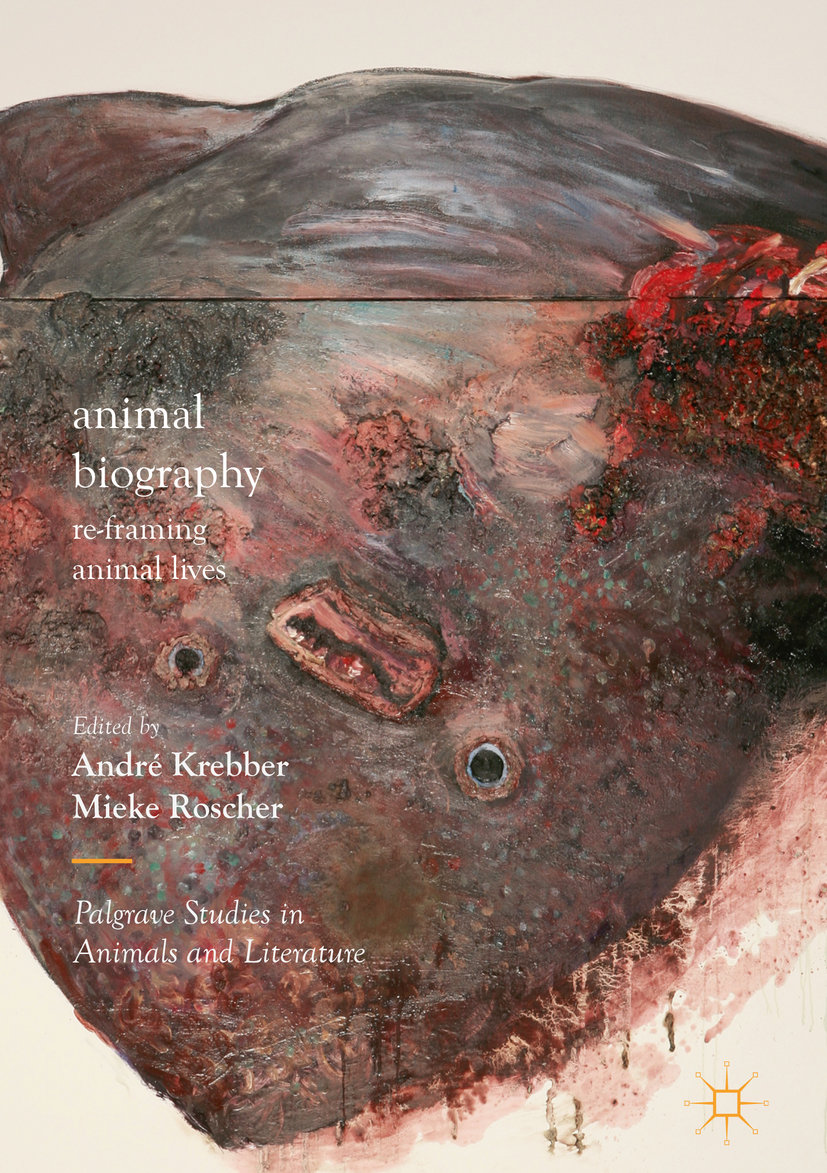While historiography is dominated by attempts that try to standardize and de-individualize the behavior of animals, history proves to be littered with records of the exceptional lives of unusual animals. This book introduces animal biography as an approach to the re-framing of animals as both objects of knowledge as well as subjects of individual lives. Taking an interdisciplinary perspective and bringing together scholars from, among others, literary, historical and cultural studies, the texts collected in this volume seek to refine animal biography as a research method and framework to studying, capturing, representing and acknowledging animal others as individuals. From Heini Hediger's biting monitor, Hachik and Murr to celluloid ape Caesar and the mourning of Topsy's gruesome death, the authors discuss how animal biographies are discovered and explored through connections with humans that can be traced in archives, ethological fieldwork and novels, and probe the means ofconstructing animal biographies from taxidermy to film, literature and social media. Thus, they invite deeper conversations with socio-political and cultural contexts that allow animal biographies to provide narratives that reach beyond individual life stories, while experimenting with particular forms of animal biographies that might trigger animal activism and concerns for animal well-being, spur historical interest and enrich the literary imagination.


